Published
- 01:00 am
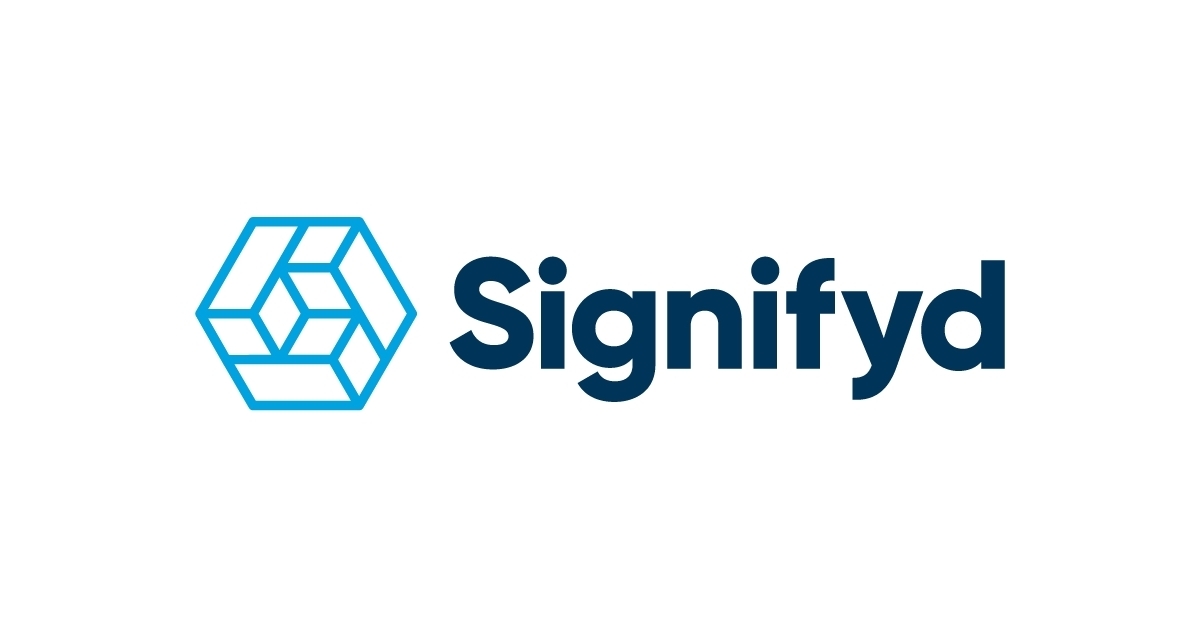
Signifyd, the market leader in ecommerce guaranteed fraud and consumer abuse protection, introduced an expanded team of veteran SCA experts today from the retail, banking and financial technology fields to serve as trusted advisors to merchants struggling to comply with the new payment regulations under PSD2.
The EMEA team expansion is the next step in the evolution of Signifyd’s European mission, which benefits well-known retailers including Samsung, Emma, Mango, The WatchShop, Maplin, Pure Electric, Public Desire, CurrentBody, FOREO and Natural Baby Shower. The added expertise around PSD2’s Strong Customer Authentication (SCA) requirement complements a core of experts already established across the UK and Europe, while the added marketing capabilities will continue to expand operations within Europe.
SCA rolled out across most of Europe on the 1st January 2021. Its UK enforcement is set to begin on the 14th of September. The assembled team will help merchants across Europe better understand SCA and further strengthen the Signifyd Seamless SCA solution.
To that end, Signifyd is pleased to announce the addition of Shagun Varshney, Okan Ozaltin and Amal Ahmed to the EMEA team.
Signifyd Senior Product Manager Shagun Varshney was a strategy consultant at Accenture before joining Signifyd. At Accenture, Varshney held the primary responsibility for designing, implementing and evaluating the strategy that brought UK Challenger Bank’s digital commercial banking into compliance with PSD2’s SCA requirement. She also helped develop the SCA solution for contactless credit cards for one of the UK’s top high street banks.
The Challenger Bank system that Varshney successfully implemented affects 1.8 million customers and anticipates 130 different SCA-affected customer journeys, including log-in, international and domestic payments and other high-risk processes.
Okan Ozaltin, Signifyd’s General Manager, Payment Solutions, has deep experience in both financial services and consumer products, which places him at the intersection of payments security and consumer experience. His vantage point is particularly apt for the dramatic shift SCA represents for brands and merchants.
Ozaltin comes to Signifyd from Fiserv, a payments and financial technology company, where he was vice president of product management — acquiring. Among the many efforts he led were the initiatives around PSD2 and customer digital experience. He also served as a non-executive director for the NetPay Solutions Group and as an executive director for J.P. Morgan Chase.
Amal Ahmed, Signifyd’s Head of EMEA Marketing, has extensive experience presenting complicated technology and its intersection with complex regulation in clear, actionable ways. Prior to Signifyd, she was senior marketing manager at Orc Group, where she also worked on the rollout of Orc Group’s suite of products for MIFID II, a key piece of financial markets regulation. When the company rebranded as itiviti, Ahmed led its content marketing, public relations, and communications efforts. Prior to Itiviti Ahmed helped lead marketing at Imprima, which developed an AI-based system for conducting due diligence in complex business transactions.
“The European ecommerce market is one of the most innovative in the world,” Signifyd Managing Director, EMEA Ed Whitehead said in announcing the enhanced team. “The expansion of the EMEA team will enable us to continue our work with merchants to build incredible customer experiences while increasing payment security. Getting SCA right provides a fantastic opportunity for brands to differentiate themselves by providing a seamless shopping journey from end-to-end.”
SCA, which requires robust two-factor authentication for many transactions, is aimed at protecting consumers from online fraud in a time when online fraud is increasing in frequency and scope. While merchants and consumers alike would welcome extra protection against fraud, navigating a post-SCA landscape without adding friction to the checkout experience is proving to be much more of a challenge than many anticipated.
To learn more about SCA and Signifyd’s initiatives to support merchants in implementing it, register to join EMEA team member Varshney and Forrester Senior Analyst eBusiness & Channel Strategy Jacob Morgan on the 31st March for “Moving Beyond Compliance: How to Take Advantage of the New Opportunities Provided by PSD2 and Create a Winning SCA Strategy in 2021.”
Related News
- 06:00 am

LW Cole, a leading UK appliances distributor, has chosen Yooz, the most powerful cloud provider of purchase-to-pay (P2P) software, to scale their business by automating its Accounts Payable (AP) processes in the UK.
As a widely respected leader for first-class installation of appliances to the UK housing community, it was important for LW Cole to continue its exemplary service to its clients while scaling its business through consistent growth.
COVID-19: the proof-of-concept for cloud-based technology
When Covid-19 hit, the move away from physical workplaces highlighted the impracticality of continuing with manual accounts payable for LW Cole. “We quickly realized we needed an automated standardized approach to adapt to the current context and to urgently replace our manual paper-based invoice payment system,” said Mike Newton, Financial Director at LW Cole. “Our system was archaic, we were sending our vendor invoices by post leading to lost invoices and delayed payments.”
Up and running in 1 week
After scanning the market, LW Cole selected Yooz as the best solution to address these needs. Yooz is the smartest, simplest, and most powerful cloud-based solution on the market today, offering a more flexible and scalable AP processing system, and providing a unique seamless integration with Sage Intacct.
Newton added: “The quality of integration with Sage Intacct ERP was the top criteria in our selection process. We needed to have a quick implementation to guarantee the continuity of our activity and we were not disappointed as Yooz was set-up in one week!”
AP Automation with Yooz: a quick, secure and pragmatic solution that brought staff on board
With long-standing members of the team, some of whom have been with the company for more than 20 years, coming to terms with change was always going to be difficult. But LW Cole has embraced the transformation that Yooz has brought to manual, time-consuming financial processes.
Yooz self-learning processing technology combining Artificial Intelligence, Big Data and Deep Learning has helped eliminate time-consuming tasks with little added value and remove concern around the technology’s disruption to business. “By providing the highest automation rate on the market Yooz has cut LW Cole invoice processing time by 60%, Newton adds. “Any member of the staff is now capable of sharing the information in real time and approve invoices in a couple of minutes from any location.'"
In just 6 months after the implementation of Yooz, the Group has observed the following benefits:
- Improved efficiency, improved quality and integrity of the data,
- Optimization of approval processes,
- A perfect and seamless integration with Sage Intacct allowing the accounting department to streamline the AP process quickly and smoothly.
- Significant time savings with invoice processing time cut by 60%.
Related News
- 06:00 am
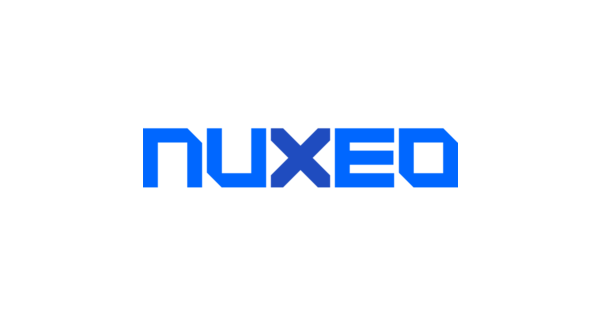
Kennet Partners Limited (“Kennet”), a leading European technology growth equity investor focused on bootstrapped and capital efficient companies, and Goldman Sachs Growth Equity ("Goldman Sachs"), a leading global growth equity investor, have entered into an agreement to sell co-owned portfolio company, Nuxeo, a content services platform and digital asset management (DAM) provider. Kennet and Goldman Sachs are expected to make a 5x return on their investment in Nuxeo.
Kennet and Goldman Sachs acquired Nuxeo in 2016. Nuxeo’s platform focuses on Digital Asset Management for companies with fast product life cycles such as media, fashion and consumer electronics, and Enterprise Content Management for financial institutions. Nuxeo has a range of global customers across its target sectors such as ABN-AMRO, Fox, Electronic Arts, CVS, and Siemens.
Over the last five years, Goldman Sachs and Kennet have worked to build Nuxeo’s world-class management team and to accelerate the company’s growth as it secured half of the Fortune 10 companies as customers. Goldman Sachs helped Nuxeo achieve broader market visibility and win several new key customers in financial services as well as other sectors. In support of Nuxeo’s CEO, Eric Barroca and CMO Chris McLaughlin, Kennet introduced the current CFO, James Colquhoun and Executive Chairman, Steve King.
Michael Elias, Managing Director, Kennet Partners, said: “Nuxeo is a prime example of the type of company in which we seek to invest. When we first invested, it was clear that the business had solid foundations but lacked the resources and broader team to take it to the next level of growth. We were able to support Eric and the team to accelerate Nuxeo’s growth trajectory and are proud of what we have collectively achieved. We wish the company all the best as it moves to the next chapter in its exciting development.”
Christian Resch, Managing Director, Goldman Sachs Growth Equity, said: “Back in 2016 we quickly recognized Nuxeo’s strong technology differentiation in the ever-evolving content management software space. Over the last five years we helped Nuxeo grow its organisation, software products and market presence and we are delighted with its performance. We wish Eric and his team all the best in continuing to further build Nuxeo’s unique platform.”
Eric Barroca, CEO, Nuxeo, said: “The offer from Hyland is a strong endorsement of the vision and market position we’ve achieved so far, particularly in recent years. Thanks to the support and investment by Goldman Sachs and Kennet we have been able to become a global leader in enterprise content services. We look forward to working with the team at Hyland.”
Related News
- 09:00 am

Bitfinex, a state-of-the-art digital token trading platform, has announced the launch of Bitfinex Pay, a payment technology providing online merchants with a means of receiving contactless and borderless digital token payments.
Whether you are a crypto savvy yoga instructor, hobbyist jewelry maker or the owner of an e-commerce platform, Bitfinex Pay offers a means of seamlessly accepting crypto payments.
The Bitfinex Pay widget can be integrated on to a website facilitating online payments. Users can pay with Ethereum (ETH), bitcoin (BTC), Lightning Network BTC (LN-BTC) and Tether tokens (USDt) via Ethereum or Tron. Payments made via Bitfinex Pay will be directly deposited into a merchant’s exchange wallet on Bitfinex.
“This is the age of digital money and with Bitfinex Pay we’ve created an intuitive and seamless way for online merchants to receive payments in crypto,” said Paolo Ardoino, CTO at Bitfinex. “Bitfinex Pay enables merchants to be easily equipped to support crypto payments as increasing numbers of consumers become more comfortable with paying for goods and services using digital tokens.”
Customers of a merchant that has integrated the payment technology simply click on the Bitfinex Pay button to be seamlessly directed to the Bitfinex payment gateway. After payment is made using a cryptocurrency accepted by the merchant, a customer will be redirected back to the merchant’s website.
The value of payments made by each customer using Bitfinex Pay is capped at US$1,000. While there are no processing fees for using Bitfinex Pay, any transaction fees incurred on the relevant blockchain will be borne by online merchants and their customers.
To get started with Bitfinex Pay, eligible merchants will first need to register for a Bitfinex account, verify the account to at least the intermediate level and apply for merchant verification. Upon successful verification, a merchant sub-account can be created. Merchants can then integrate the Bitfinex Pay widget on to their websites.
For further information, please visit Bitfinex Pay.
Related News
- 08:00 am
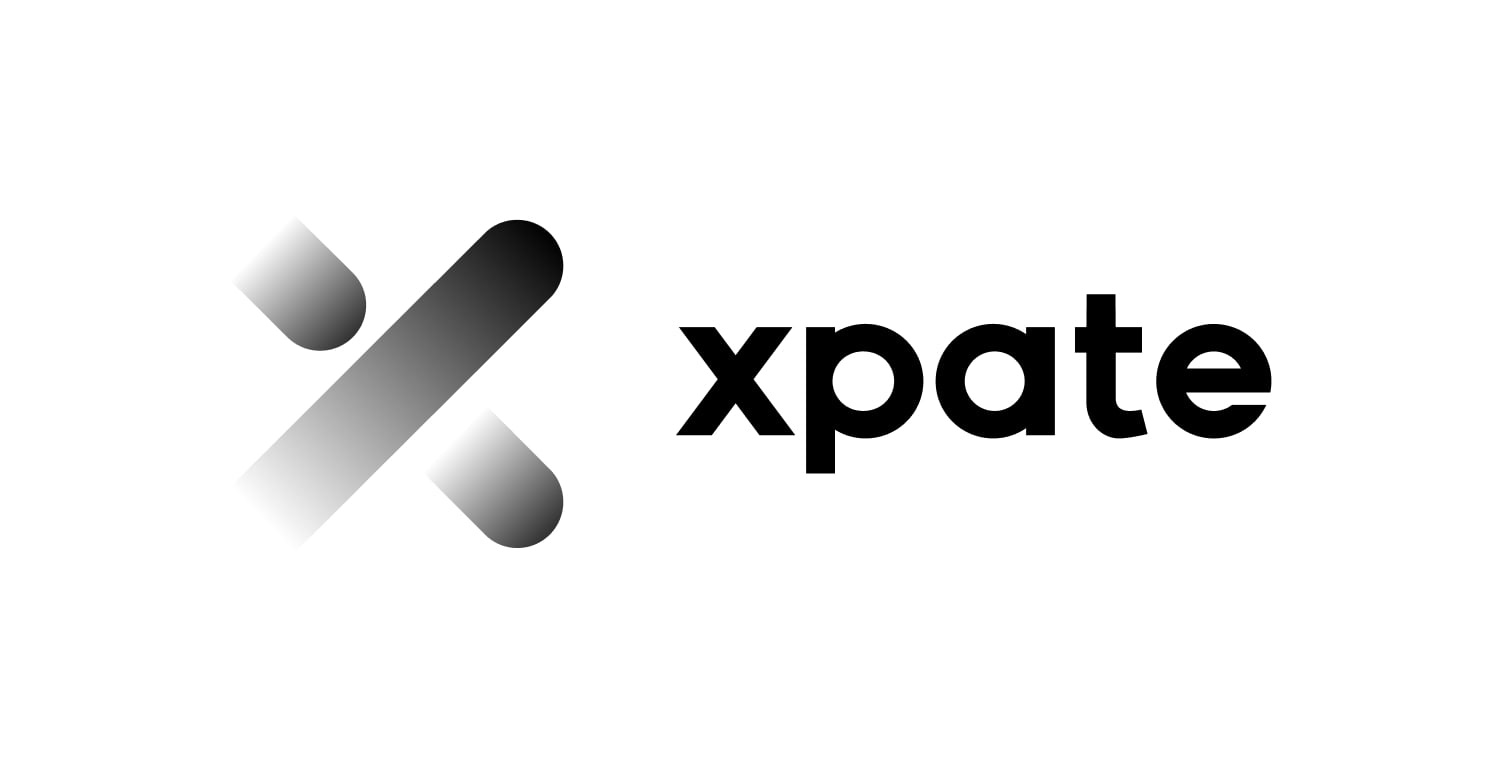
xpate, the payments platform that prioritises simplicity, speed and user experience, has announced the start of a strategic partnership with Mastercard to further enhance its innovative payments services as a principal Mastercard participant.
As a principal member, xpate will work directly with Mastercard to enhance its xpate Stacks platform, offer its innovative solution to new clients, bolster its merchant acquiring portfolio, and take advantage of an extended range of products and services to strengthen its offering in the market.
The announcement follows a milestone year for xpate, with the fast-paced scale up taking growing its headcount six-fold from 15 to an impressive 90 in less than a year. Among the strategic hires are Viktorija Raizina as Head of Card Operations and Anna Zotova, as Chief Risk Officer.
The payments platform also plans to launch its app to bring new and existing customers the very latest in efficient, simple and speedy cross-border payment solutions.
Mike Shafro, CEO of xpate, commented on the development: “Our strategic partnership with Mastercard is an exciting milestone for the whole xpate team and further demonstrates the commitment to our vision of offering our customers a simplified and streamlined service. There are hardly bigger names in the fintech space than Mastercard and to be a part of this principal programme so early in our journey is testament to the hard work and talent of our unstoppable team."
“In addition, this will help to establish transparent and cost-effective pricing for merchant acquiring, and be flexible and robust in the delivering of merchant custom-tailored solutions that narrow the gap on convenient payments acceptance."
“We are looking forward to working closely with Mastercard and to bring innovative product developments to market in the coming months.”
Edoardo Volta, Head of Fintechs, UK & Ireland at Mastercard, said: “We are delighted to bring xpate on as a principal member, reflecting our commitment to supporting fintechs and using cross-collaboration to inspire growth across the industry. By utilising Mastercard’s industry expertise, global standards, and trusted solutions, xpate will bring further choice to the cross-border payments market.”
For more information about xpate, go to: www.xpate.com.
Related News
- 03:00 am
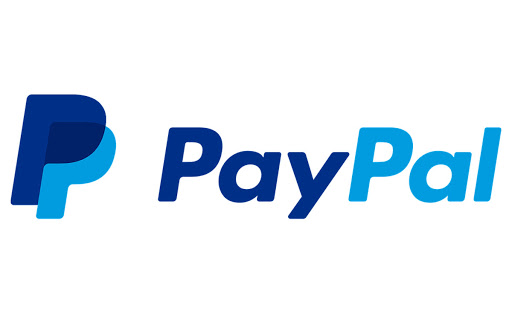
Non-bank lenders have become a popular alternative to traditional banks when it comes to acquiring loans. According to data presented by TradingPlatforms.com, PayPal is the largest non-bank lender in the world with $54.27B in total assets.
Non-Bank Lenders Become Popular, PayPal is Largest with $54B in Total Assets
Many small businesses around the world rely on alternative financing companies for their capital with traditional banks often having strict requirements such as a good credit score. Non-bank lenders like PayPal aim to be the source of funding for these businesses often having less stringent requirements.
As of May 2020, PayPal was ranked as the 54th largest company based on market capitalization with a market cap of $144.3B. PayPal is by far the largest non-bank lender with over $54B in total assets as of February 2021. PayPal’s total assets alone make up almost 60% of the top ten non-bank lenders’ total assets combined.
COVID-19 Pandemic Causes Sharp Increase in Monthly Active Users for PayPal in UK
Monthly Active Users (MUA) for PayPal had actually been in the decline in the UK since February 2017. This decline was halted through a surge in PayPal’s popularity due to the COVID-19 pandemic and the lockdowns that it imposed on many developed markets. In the UK, PayPal grew by about a million MUA since April 2020 from 2.05M MUA to 2.95M in January 2021.
As of Q4 of 2020, PayPal reported 377M active registered accounts globally, a 24% YoY increase from Q4 2019 (305M).
2020 Was A Record Year for PayPal Worldwide
The company also experienced a record year in 2020 as digital payment options became a popular alternative to traditional, physical banks during the pandemic. PayPal’s annual revenue for 2020 increased by over 20% YoY to $21.45B. In the final quarter of 2020 alone PayPal handled $277B in total payment volume taking their total payment volume for 2020 to $936B - a growth of nearly a third YoY.
PayPal also transacted more payments than ever before growing 25% YoY to 15.4M transactions in 2020.
Largest Non-Banking Institutions Have Overtaken “Big Six” Banks in America
Non-banking institutions such as PayPal have become an integral part of the economy in the most developed markets. In the US the market cap of four large fintech companies; Visa, Mastercard, PayPal and Square combined for over 1 trillion dollars. This eclipsed the combined $880B market cap of the traditional “Big Six” banks in America; JPMorgan, Bank of America, Citigroup, Morgan Stanley, and Goldman Sachs.
You can read more about the story with more statistics and information at: https://tradingplatforms.com/blog/2021/03/03/paypal-is-the-largest-non-bank-lender-with-over-54b-in-total-assets/
Related News
- 03:00 am
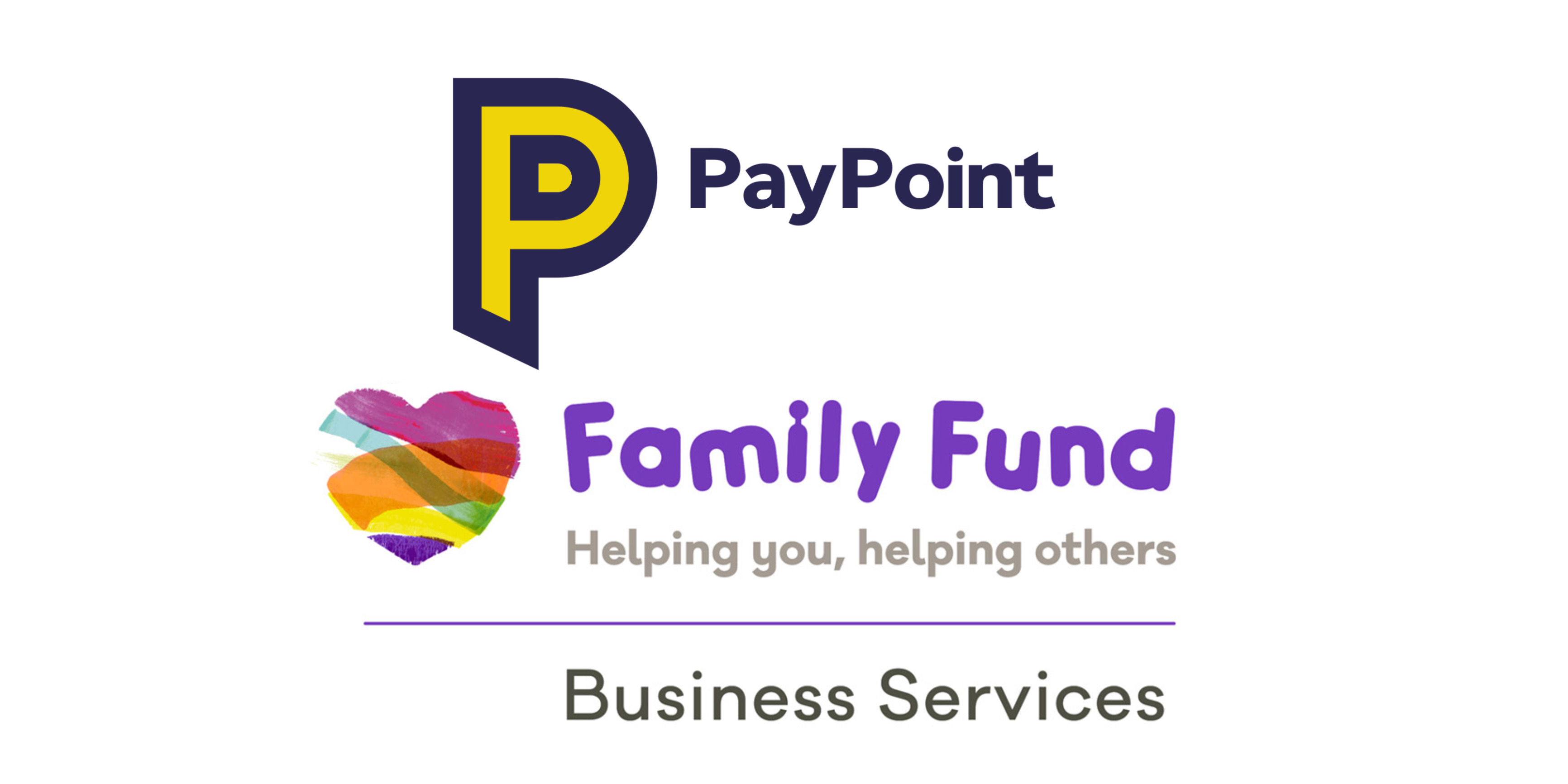
Family Fund Business Services has met its ambition to deliver digital payment services to its local authority clients, with the help of PayPoint and its innovative cash voucher solution, Cash Out. Over £7.5 million of much needed cash was quickly and easily released to local authorities and their beneficiaries during 2020, as a result of the collaboration between the two organisations. Crucially, customers of local authorities partnering with Family Fund Business Services continue to benefit from immediate access to emergency cash, 24/7, 365 days a year, easing the financial burden of the pandemic.
As the UK’s leading business-to-business fulfilment service, Family Fund Business Services (FFBS) specialises in providing grant making services and related expertise for local authorities, charities, housing associations and other not for profit organisations nationwide. FFBS works with trusted suppliers to provide essential goods and services to those who need it most and all their profits are gifted to their parent charity Family Fund as unrestricted funding. PayPoint’s Cash Out service has been an integral part of its service portfolio since it launched in 2013. In March 2020, orders for cash awards increased dramatically and the need for a more streamlined yet flexible approach to make them quickly accessible was urgently needed.
As a result, plans for its digital transformation were not only accelerated, but achieved with minimal disruption and to maximum effect. Previously manual, time intensive tasks were replaced with same-day automated solutions, such as increasing or decreasing cash funds to meet fluctuating daily requests, and the reissuing of lost or damaged vouchers. These streamlined digital processes not only contributed to improving FFBS’ Helpdesk’s efficiency, but also made the reissue of vouchers much easier for customers.
Jill Wheeler, Managing Director of FFBS, commented: “Our clients and their beneficiaries are at the heart of everything we do, so any solutions we utilise must ultimately best serve them, not just improve our own practices. Importantly, this ethos is mirrored by PayPoint so when lockdown came into force, we were united in stepping up plans to fully digitise our offering and deliver flexible, friction-free payment options.”
Danny Vant, Client Services Director at PayPoint commented: “In addition to providing local authority clients with vital support for their existing pay outs, by working with PayPoint, FFBS is able to offer cash as an alternative to free school meal or winter hardship vouchers. Together, we are also able to help in providing other emergency funding such as cash in lieu of clothing vouchers, which are only redeemable in selected clothing stores. Retailers in the PayPoint network are classed as ‘essential’ and remain open during lockdown, unlike clothing retailers, so local authorities are able to help individuals fleeing domestic abuse immediately, by providing Cash Out vouchers to purchase clothing.”
PayPoint’s Cash Out solution works in real-time to seamlessly enable beneficiaries to receive vouchers via email, letter or SMS, to be presented in any one of the 27,700 PayPoint retailers across the UK in exchange for a cash payment. More than 99% of urban households live within 1 mile of one of these locations, confirming this as a far more convenient option than alternative voucher offerings. Demonstrating the speed at which people can benefit from the service, a PayPoint Cash Out voucher was recorded as having been presented to obtain cash just over a minute from receipt1.
Jill Wheeler continued: “Through PayPoint Cash Out, we were able to help to deliver more cash awards in the first six months of 2020/21 than in the whole of 2019/20. Whilst demand for help during the pandemic remains unprecedented, with the help of PayPoint and its digital payment solutions, we continue to support our clients in making life a lot less challenging for their beneficiaries across the UK.”
Related News
- 09:00 am

Despite non-bankable assets (nBAs) accounting for around one third of global private wealth, they often come with high entry barriers for investors. However, this is forecast to change significantly over the next few years as innovative technologies and solutions allow financial institutions to value, hold and issue nBAs in the form of tokenized assets, alongside traditional ones such as stocks and bonds.
Concrete examples of non-bankable assets are direct investments in private companies, real estate or even pieces of art and rare collectibles such as luxury cars and high-value jewellery. Dealing with nBAs is often more complicated than with traditional assets, in part due to the intrinsic complexity of computing risks, pricing and forecasting returns. However, the size of the market – and the opportunity – is substantial: the market size for tokenized assets was estimated at USD 18.1 billion in Q4 2020 and some experts predict it to be worth around USD 24 trillion by 2027. More detailed insights on the rapidly growing nBA market can be found in Avaloq’s latest industry study (Non-Bankable Assets – Investing in a New Era).
Philippe Meyer, Head of Blockchain Solutions at Avaloq and co-author of the study, said: “Non-bankable assets represent a compelling investment opportunity and we believe they will increasingly form a part of portfolios for high net worth and affluent clients, before reaching retail investors as well, thus accelerating the democratization of wealth management. Modern, continually evolving technologies will help to make the nBA market accessible to new client segments. First and foremost, this includes blockchain technology, which enables the tokenization of nBAs and helps to create liquid markets for those assets.”
According to the study, three key challenges need to be overcome in order to scale the adoption of nBA investing:
- Investors and advisers need to understand the risk and return of an nBA, including its current and future value
- Investors need to be able to buy and sell nBAs flexibly and conveniently – liquidity and easy access is key for the broader adoption of nBA investing, where clear and practicable regulations will ensure trust and confidentiality
- Lowering entry barriers like minimal investments will open up nBAs to larger groups of investors, such as the mass affluent segment
Critically, technologies and solutions are already available to help wealth managers and banks meet the growing demand for nBAs, including the valuation and management of tokenized assets. Such platforms, which are fundamental for cryptocurrencies and tokenized securities to be included in regular portfolios, offer core capabilities such as tools for safekeeping and digital wallet management, seamless integration into existing banking infrastructure, regulatory compliance, and connectivity to brokers and exchanges.
Dr Nils Bulling, Head of Digital Strategy and Innovation at Avaloq and co-author of the study, said: “Tokenizing non-bankable assets provides a unique opportunity for financial institutions and wealth managers to expand their assets under management and advice offering. It is a growth strategy that promises an increase in asset volume at likely lower client acquisition costs, given that it can leverage an existing client base. In this new era, token-based business models are indeed paving the way for the democratization of wealth management.”
Related News
- 04:00 am
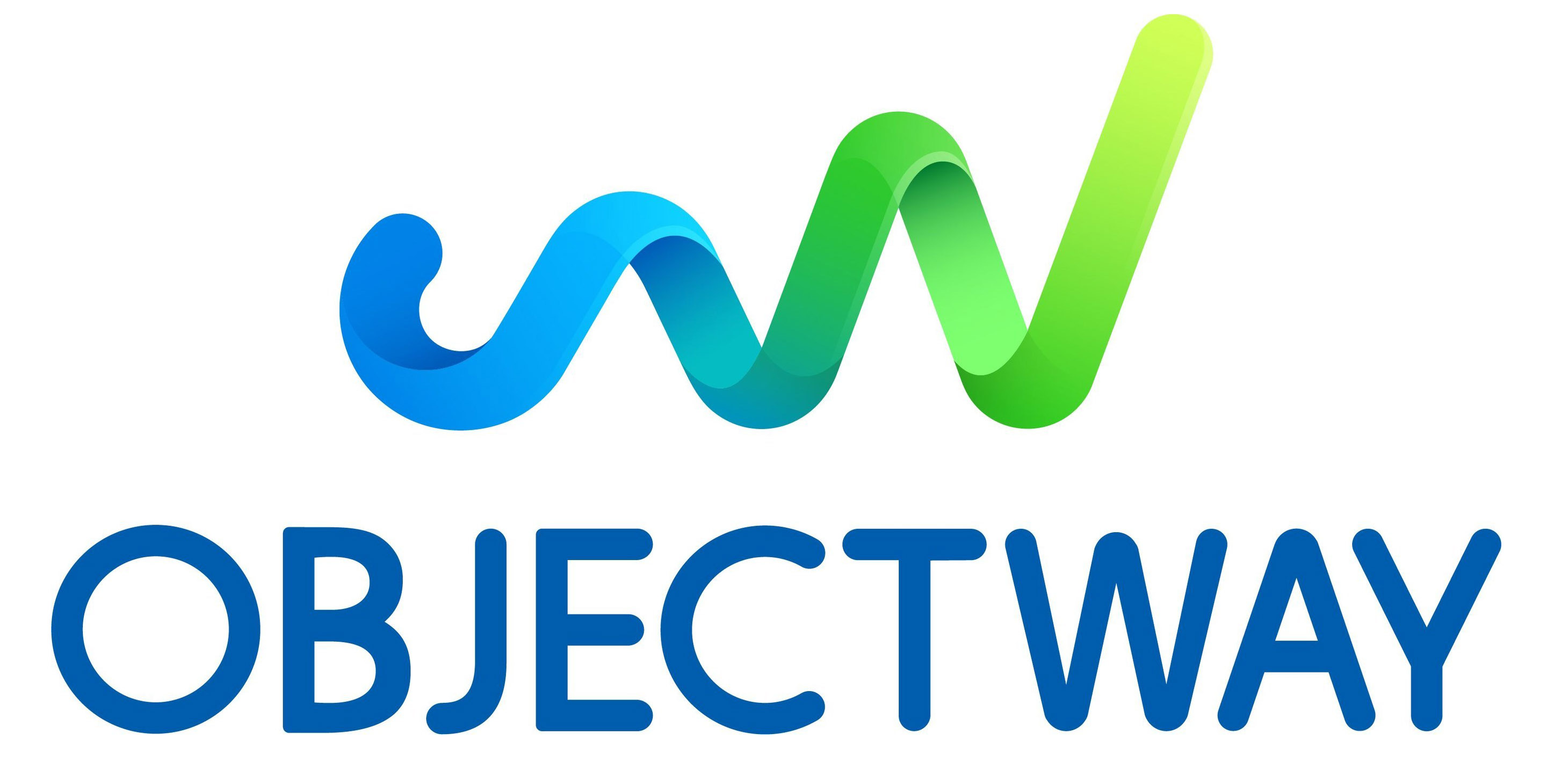
Objectway, a leader in the Digital Wealth & Asset Management software, was mentioned as a distinguished vendor in the February report Front-to-Middle office Platforms: North American Wealth Management Edition 2021 by Celent.
The report examined the leading North American providers of Front-to-Middle Office platforms. Celent considered as fundamental characteristics of these solutions the components supporting certain key workflows, such as the provision of an exclusive client experience, and an end-to-end advisory process in an integrated workflow and single infrastructure.
In parallel with the analysis conducted by Celent, Objectway is seeing how digital client engagement and lifecycle management are among the main drivers in the wealth management industry at a global level.
Firms are looking more and more for integrated solutions that are able to make all the advisor’s activity and tasks available as a cockpit.
Bringing the client relationship to centre stage entails growing demand for augmented intelligence to deliver mass customised investment proposals, and for an opti-channel mix to collaborate and interact with digital-savvy investors.
Moreover, a hybrid, multi-cloud approach is gathering increasing acceptance by financial institutions, who are adopting business critical capabilities in the easiest way. Objectway On-Cloud already supports over 100 clients with more than one trillion Euros of assets under management.
Further to confirming the findings illustrated in the parent report of this series, dedicated to the EMEA region, in this latest research paper Celent commended Objectway for “the completeness of the solution and the dedication that the team has demonstrated to bolstering the usability of each module.”
“North American wealth managers are facing a challenging year ahead, as a result of existing trends, such as fee compression, and for unexpected accelerators towards digital solutions, like the pandemic,” affirmed Luigi Marciano, Objectway Group CEO and Founder. “The challenge for a performant and future-proof front-to-middle office system is giving firms the most effective and state-of-the-art tools to serve more clients and manage increased AuM, in less time.”
Related News
- 06:00 am

Surecomp, the leading provider of global trade finance solutions for banks and corporates, today announced the addition of document forgery detection solution Valida by Gradiant to its Marketplace platform. The latest fintech partner to join the company’s trade finance ecosystem platform is a key prevention tool in the fight against fraud.
Founded in Spain and with a fast-growing customer-base across Europe, Gradiant empowers customers with the ability to offer enhanced security to their digital onboarding and KYC workflows. Using AI-based technology, Valida is a forensic analysis solution that assesses the trustworthiness of documents by automatically detecting the digital forgery and manipulation of a wide range of documents such as invoices, passports and bank guarantees.
“Given the extent of digital transformation acceleration we have seen since the pandemic, it is more critical than ever that banks and corporates protect themselves against losses resulting from fraud,” explains Gradiant’s Executive Director Luis Pérez-Freire. “Particularly in the context of trade finance which is a complex business, we are absolutely passionate about providing the highest standard of security to customers, and are proud to be welcomed as an accredited Marketplace partner of Surecomp.”
“We are delighted to welcome Gradiant to the Surecomp Marketplace,” says Enno-Burghard Weitzel, SVP Strategy, Digitization and Business Development at Surecomp. “Expanding the platform with trade finance specific fraud prevention capabilities helps our customers to process more secure - and thus more valuable - transactions. Adding value to our customer’s business is the most important benefit of the Surecomp Marketplace.”









